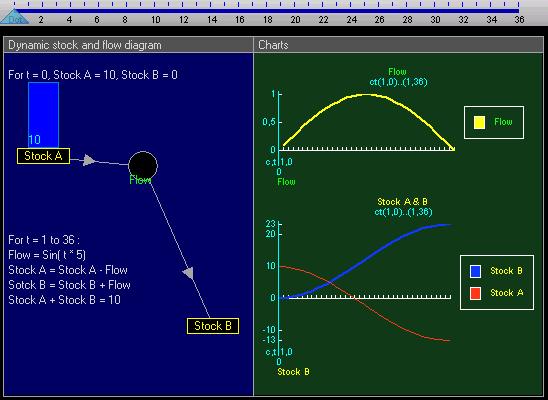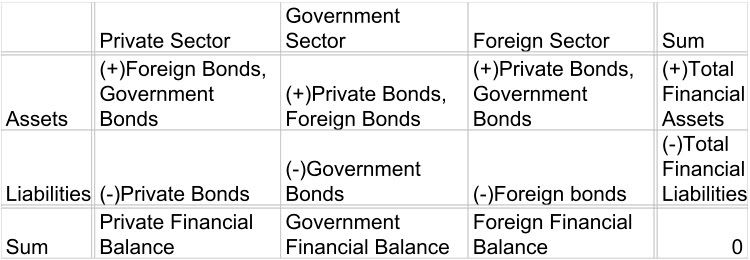Among the immortals

Our fearless pwog terrier, Paul Krugman, has won the Swedish bank's pseudo-Nobel prize for "economic science." This rigorous friend of all things small-fry and Bush-battered, champion of long-gone well-hung safety nets, and well-versed anal-solonic regulators, and... and... oh Christ, blah blah blah.
Why him? Well, before he became the relentless tribune of the naked truth, the master of bright-line, gotcha! political arithmetic, over there on the op-ed pages of the Times of Laputa -- before all that, he was an innovative breakthroughish academic econ-conner; in fact, a paragon in his field. It's a field which for the last 60 years or so has required its heros and saints to boldly go where no academic mind has gone before, and formally, simply, and crisply, model some chunk of obvious everyday marketplace reality that has stared us all in the face since Columbus cheated Chief Nugawana at cards, and yet, until the publication of this particular paper, has evaded algebraic capture. Yes, trap it in Greek letters and render it in the toonish galaxy-far-far-away terms that please the rarefied minds of ivydom's Dismalians.
In Paul's case, he took an earlier breakthrough model by Dixit Stiglitz and frigged it around some, and used it, after suitable relabeling, to prove something -- well -- obvious: Toyota and General Motors might rationally choose to sell and produce in each others' home markets -- and profit maximally.
Sound impressive? No? Well, it got him overnight to the top tier of young Turks in trade theory.
But wait! There's more! Not satisfied with his initial earthshaking achievement, about a decade later, Paul built a model of optimal human civilization -- the genesis of urban habitat, those nodes of folks that pimple the market plain, swelling to the point where the economies of agglomeration just nicely balance the costs of transportation. As a lover of such toy train-set worlds, I could go on and on -- but I won't.
Street value of this body of work that won him the Swedish bankers' prize? Somewhere between the value of six mice and one large pumpkin, down at the local cab stand.






